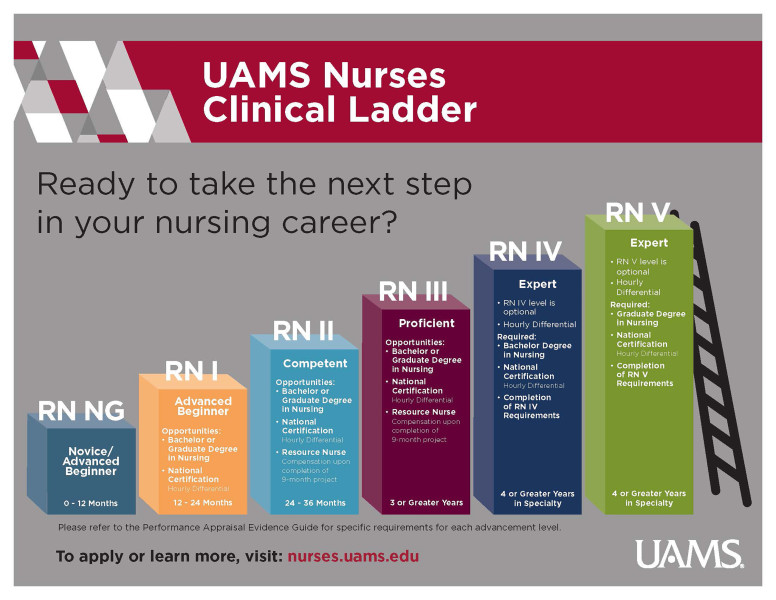The recent reclassification of nursing degrees by the Department of Education has sparked a significant debate within the educational and healthcare sectors. This change, which excludes nursing from the list of professional degrees, has far-reaching implications for nursing education, student funding, and the future of healthcare delivery.
The Department of Education's decision to exclude nursing as a "professional degree" program is part of a broader effort to revise student loan policies. Under the new classification, nursing programs, including those at the master's and doctoral levels, will no longer qualify for the higher federal student loan caps previously available to professional degree programs. This shift is expected to significantly impact over 260,000 nursing students currently enrolled in graduate-level programs.
The reclassification was initially proposed under the Trump administration's "One Big Beautiful Bill," which aimed to streamline various educational policies. The term "professional degree" traditionally refers to degrees that prepare students for specific careers requiring advanced training, such as law, medicine, and dentistry. However, the new definition excludes nursing, raising questions about the value and recognition of nursing education.
Critics argue that this change could deter potential nursing students due to the increased financial burden. Nursing programs, particularly at the graduate level, often require substantial financial investment. The reduced loan caps could make these programs less accessible, potentially leading to a shortage of qualified nurses in the future.
Moreover, the reclassification has sparked widespread backlash from nursing organizations and educational institutions. These groups contend that nursing is a critical component of the healthcare system and that the new classification undermines the profession's value and the educational rigor required to become a nurse.
Despite the controversy, the Department of Education maintains that the changes are necessary to ensure consistency and fairness in student loan policies. The new classification system aims to standardize the definition of professional degrees across various fields, potentially impacting other healthcare and educational programs as well.
As the implementation of these changes approaches in 2026, the nursing community and educational institutions are bracing for the impact. The future of nursing education and the healthcare workforce hangs in the balance, with stakeholders calling for a reevaluation of the Department of Education's decision to ensure that nursing remains a viable and accessible career path for aspiring healthcare professionals.



